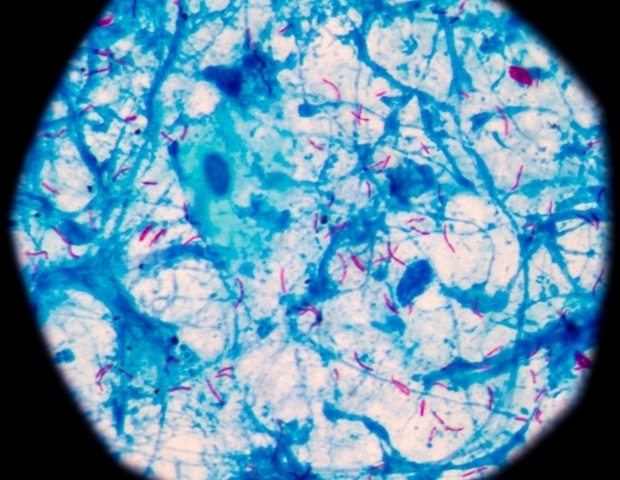Tuberculosis is still one of the deadliest infectious diseases, causing over one million deaths each year worldwide. Additionally, about one-fourth of the world's population carries Mycobacterium tuberculosis ( M. tuberculosis ) without showing any symptoms, and most of these carriers do not develop the disease.
The current anti-tuberculosis vaccine, BCG, is administered worldwide. However, considering that more than 10 million new tuberculosis cases are reported each year, its effectiveness is deemed insufficient. As a result, the development of vaccines to replace BCG is underway.

However, no new vaccine has yet surpassed BCG, which is a highly effective live vaccine. Actually BCG is very effective in preventing tuberculosis in children, creating a booster vaccine to strengthen immunity in adults is considered a promising and realistic option. In developing tuberculosis vaccines, scientists have studied proteins from M.
tuberculosis that trigger the protective immunity against tuberculosis. Especially IFN-gamma produced by T cells is known to be critical for protection against tuberculosis. Thus IFN-gamma responses are marker of vaccine candidate antigens and efficacy .
However there's a paradoxical situation where proteins that induce higher IFN-gamma production in tuberculosis patients, who already have developed the disease, rather than in asymptomatic carriers who prevent its onset, are being viewed as potential vaccine candidates. Furthermore, many of vaccine studies i.























